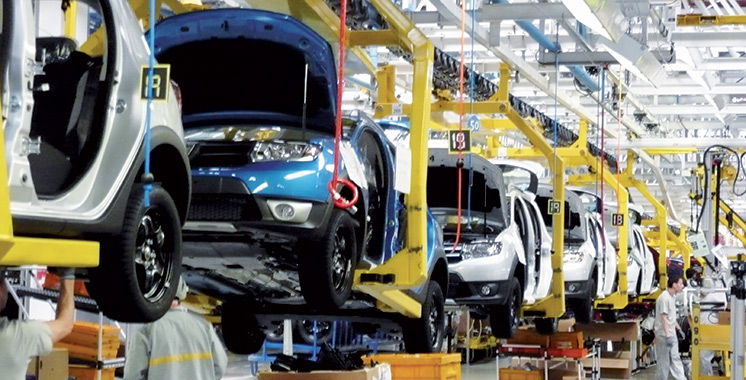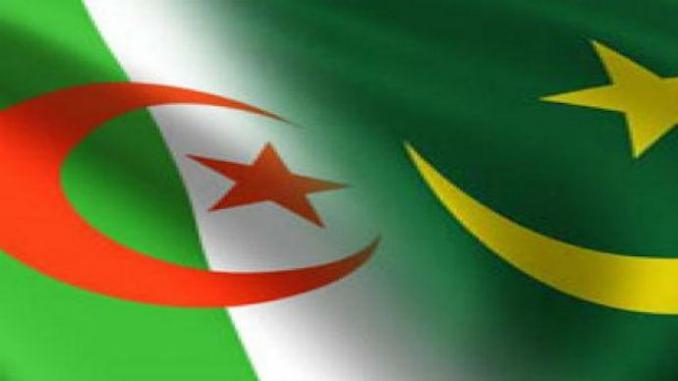Minister of Energy Transition and Sustainable Development, Leila Benali, called Friday in Brussels for “full optimization” of the Green Partnership between Morocco and the European Union, signed in October 2022, which constitutes an “innovative, promising, and dynamic cooperation framework”.
This partnership, as an instrument for enhanced dialogue and cooperation, reflects a “strong convergence for sustainable, inclusive, low-carbon development”, said the Minister at a seminar on the theme “A common green horizon: Exploiting the full potential of the EU-Morocco Green Partnership.”
“Morocco stands out as one of the EU’s most dynamic partners, not only because of its close proximity and connectivity with Europe, but also because of the shared challenges and therefore the shared strategic interests of both parties, notably the imperative of energy transition and sustainable development,” she said.
In this connection, the Moroccan official affirmed that regional integration is one of the main pillars of Morocco’s energy strategy. “While the EU was created on the basis of the integration of the coal and steel industries in 1950, we are committed to another Schuman plan that would converge the energy and carbon markets,” she said.
She insisted that the Morocco-EU Green Partnership can only be fully optimized by strengthening electricity and gas connections between the two parties, through the implementation of green electron trade projects, as well as the development of trade in green hydrogen, green molecules, and other potential markets.
Taking the floor during the seminar, vice-president of the European Investment Bank (EIB), Ricardo Mourinho Felix, pointed out that Morocco is a pioneer in the development of renewable energies in Africa and beyond, thanks to a “very ambitious energy transition strategy with a clear vision,” and renewed the EIB’s willingness to support the Kingdom’s renewables projects.
Mourinho Felix noted that Morocco had long understood the opportunities of climate action and had made great strides towards this goal over the past 15 years.
He also emphasized Morocco’s “extraordinary potential, with abundant availability of renewable energy and natural resources,” underlining the importance of Morocco’s sustainable development strategy, which, like the EU’s Green Deal, aims to rethink economic models to cope with the climate emergency.
He hailed the Morocco-EU Green Partnership as a “model of international cooperation”, noting that the EIB is a major player in the implementation of this partnership and plays a catalytic role for the private sector.
“The EIB is ready to support solar, wind, energy efficiency and green hydrogen projects in Morocco, and intends to step up its support for SMEs and the private sector in various areas, including decarbonization, environmental protection and green finance,” he said.
European Commissioner for Energy, Kadri Simson, on her part underlined that Morocco-EU energy partnership is a beacon of hope in the fight against climate change.
“Thanks to our energy partnership, we can guarantee a cleaner, more sustainable and more prosperous future for our citizens and for generations to come”, stressed Simson.
Emphasizing the importance of the Morocco-EU Green Partnership, the first of its kind concluded by the European bloc with a country in its southern neighborhood, the European Commissioner stressed that this initiative is likely to advance the energy transition.
“This partnership also reinforces the values of cooperation, solidarity, and sustainability. Values we need for a better future.”
This Partnership, the most in-depth and comprehensive focused on sustainability with an EU partner country, has become a model for similar commitments with other partner countries, she added, calling it an “important political signal of shared ambition and commitment”, which also comes with a financial commitment.
“The EU is mobilizing all the different tools to guarantee the implementation of this green partnership, with more than 260 million euros in subsidies for the 2022-2023 period alone,” she said.
”This partnership focuses on our similar energy challenges and untapped potential. It’s a way for us to work with Morocco to accelerate progress in renewable energy, energy efficiency and renewable hydrogen. Above all, it’s a win-win economic opportunity for people on both sides of the Mediterranean”, added Simson.
Pointing out that Morocco is currently the only country in the southern Mediterranean with an electricity interconnection with the EU, she stressed that “this enables electricity exchanges between our regions and facilitates the integration of renewable energies into our grids”.
”We also welcome the reform progress made by Morocco in its energy sector, which holds potential for opening up the electricity market and independent renewable energy production”, she said, recalling that recently the two partners signed a 50-million-euro EU-funded ”Green Energy” program, which ”will help implement reform legislation, unbundle the market and exploit Morocco’s strong renewable energy potential”.
The seminar was organized by Morocco’s Mission to the EU and NATO, in partnership with the European Institute of the Mediterranean (IEMED) and the Centre for European Policy Studies (CEPS).



